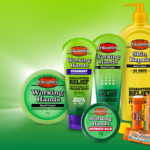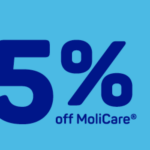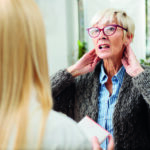Your local pharmacy provides a range of support and is a key part of the NHS team
“You might be surprised at the range of support available on your doorstep in local pharmacies – from vaccinations and help to quit smoking, to sexual health services, NHS medicines consultations and healthy living advice. Community pharmacy is about people, (people like you), not just pills!”
“Community pharmacists provide clinical services in addition to the traditional dispensing role to allow better integration and team working with the rest of the NHS”
“Doctors, nurses, pharmacists and other highly qualified healthcare professionals make up the NHS team in your neighbourhood – alongside many other dedicated staff”
Fact/stat
Pharmacies provide a range of NHS services and take pressure off GPs and hospitals
Fact/stat for NHS team section:
Only 29% of people are “definitely aware” that pharmacists are part of the NHS
You might be surprised at the range of support available on your doorstep in local pharmacies – from vaccinations and help to quit smoking, to sexual health services, NHS medicines consultations and healthy living advice. Community pharmacy is about people, (people like you), not just pills!
Pharmacies treat minor illnesses, help people manage long-term medical conditions, supply medicines and provide urgent care.
They absorb demand that would otherwise fall onto other parts of the healthcare system, including GPs and A&E.
There is just so much that your local pharmacies provide. Please make the most of the services on offer. Support your local pharmacy so that they can stay open to support you and the generations to come.
Here are some of the things that make your local pharmacies special:
- Pharmacies provide a range of NHS services and take pressure off GPs and hospitals.
- Pharmacies are a convenient setting to get help for coughs and sneezes and all manner of other health concerns which don’t necessarily require a GP or hospital appointment.
- Your local pharmacy is one of the few places in the health service where you can simply walk in off the street and get treatment and healthcare professional advice without an appointment.
- The concentration of community pharmacies is higher in deprived areas, meaning that pharmacy-based services can reduce health inequalities between affluent and less well-off areas.
- Conversations with your local pharmacist can help you get the best use from your medicines and minimise your risk of harm. Many people underestimate the risks of taking medicines inappropriately. At least 6% of emergency re-admissions to hospital are caused by avoidable adverse reactions to medicines.
- Pharmacies perform a vital function in society which is as much about community as it is about healthcare. They should never be taken for granted – use them or lose them.
YOUR LOCAL PHARMACY: A KEY PART OF THE NHS TEAM
Your local pharmacy is connected to the wider healthcare system; a key part of the NHS team, aiming to provide seamless NHS care for patients
Like GPs, community pharmacists are part of the NHS family.
The traditional role of the community pharmacist as the healthcare professional who dispenses prescriptions written by doctors has changed. Community pharmacists provide clinical services in addition to the traditional dispensing role to allow better integration and team working with the rest of the NHS.
A survey in 2020 revealed that only 29% of people are “definitely aware” that pharmacists are part of the NHS; 39% wrongly think that the majority of pharmacy income comes from sales of health and beauty products.
In fact, your local pharmacy is a key part of the NHS team, aiming to provide seamless NHS care for patients. They:
- Talk frequently to local GPs
- View shared patient records in order to ensure safe medicines interventions
- Refer people to GPs or hospitals if they see danger signs
Part of the NHS family
Doctors, nurses, pharmacists and other highly qualified healthcare professionals make up the NHS team in your neighbourhood – alongside many other dedicated staff.
Your local pharmacy is the NHS on the high street, providing a range of NHS services and support, including urgent care.
Local doctors may refer you to the pharmacy for advice and treatment for minor ailments such as coughs, colds and tummy aches. In turn, the pharmacist will refer you for a GP or hospital appointment if something needs checking out further.
The best patient care is usually based on partnership between healthcare professionals, who may work in different settings and have different skill sets, but who come together to provide seamless care for the individual.
The NHS says it wants to make greater use of community pharmacists’ skills and opportunities to engage patients. So please make the most of your local community pharmacy: proudly part of the NHS family.
“My relationship as a GP is with the pharmacist across the road and it is much more mature now – the pharmacist across the road does minor injuries, minor illnesses, takes part in the flu vaccination programme, we have pharmacists within the surgery.
“It is a vital relationship between what I would say are the two most visible and prevalent health professionals in the community – your local GP and your local pharmacist.” Dame Clare Gerada, GP and former head of the Royal College of GPs.
Royal tribute to pharmacists on the NHS frontline
Nearly 200 pharmacists from across the UK met King Charles III – then The Prince of Wales – at a special reception at St James’s Palace in May 2022.
The event recognised the work of pharmacists across the country in the light of their extraordinary contribution to the health of the nation during the coronavirus pandemic.
In a speech, King Charles paid tribute to the work of pharmacies on the NHS frontline. He praised “the dedication and professionalism of pharmacy staff” during the Covid-19 pandemic and said, “I very much hope that this evening’s event will help, a little bit, to highlight the marvellous work you do in your communities day in and day out.
“At the same time, you are a very familiar fixture in the nation’s high streets and neighbourhoods – something that people have come to rely on and value tremendously over generations. As well as providing prompt access to advice and treatment, of course the great thing is you are also a friendly and reassuring presence in our communities. A place where science, as it were, meets society. As I have said once before, pharmacies are about people and places, not just pills.”


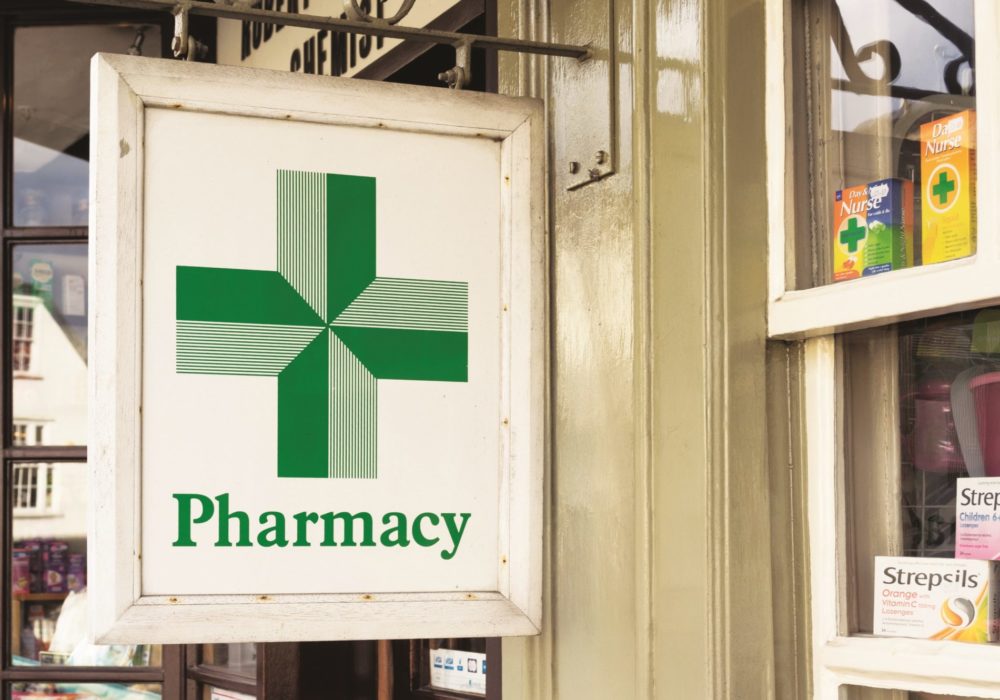





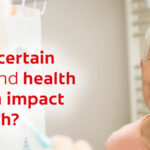
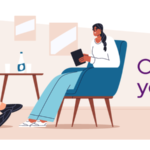




![BODi-NPA_UK-MPU_Hero-1300×450[14]](jpg/bodi-npa_uk-mpu_hero-1300x45014-1-150x150.jpg)





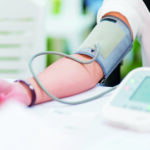
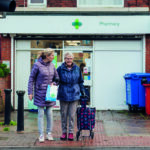
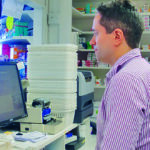







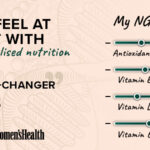












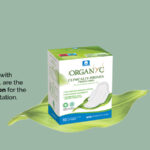










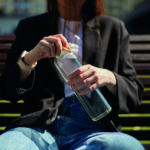











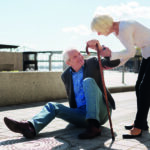









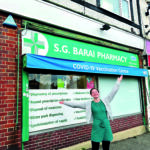
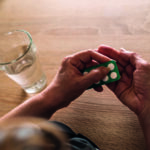
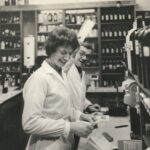

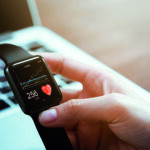
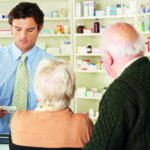

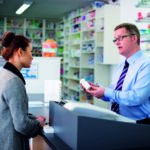
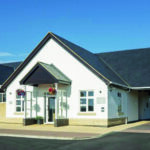
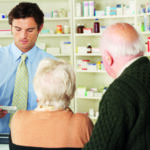
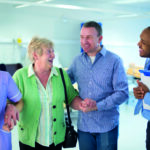

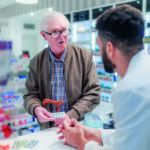
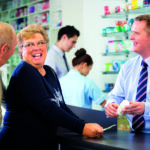


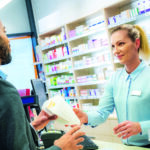
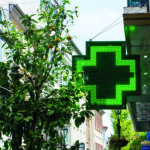
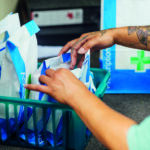


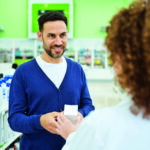

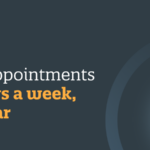
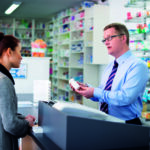
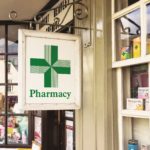




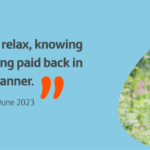

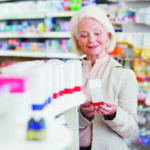
![19150_Diageo NCP MPU Hero_1300x450px[94][42]](png/19150_diageo-ncp-mpu-hero_1300x450px9442-150x150.png)

